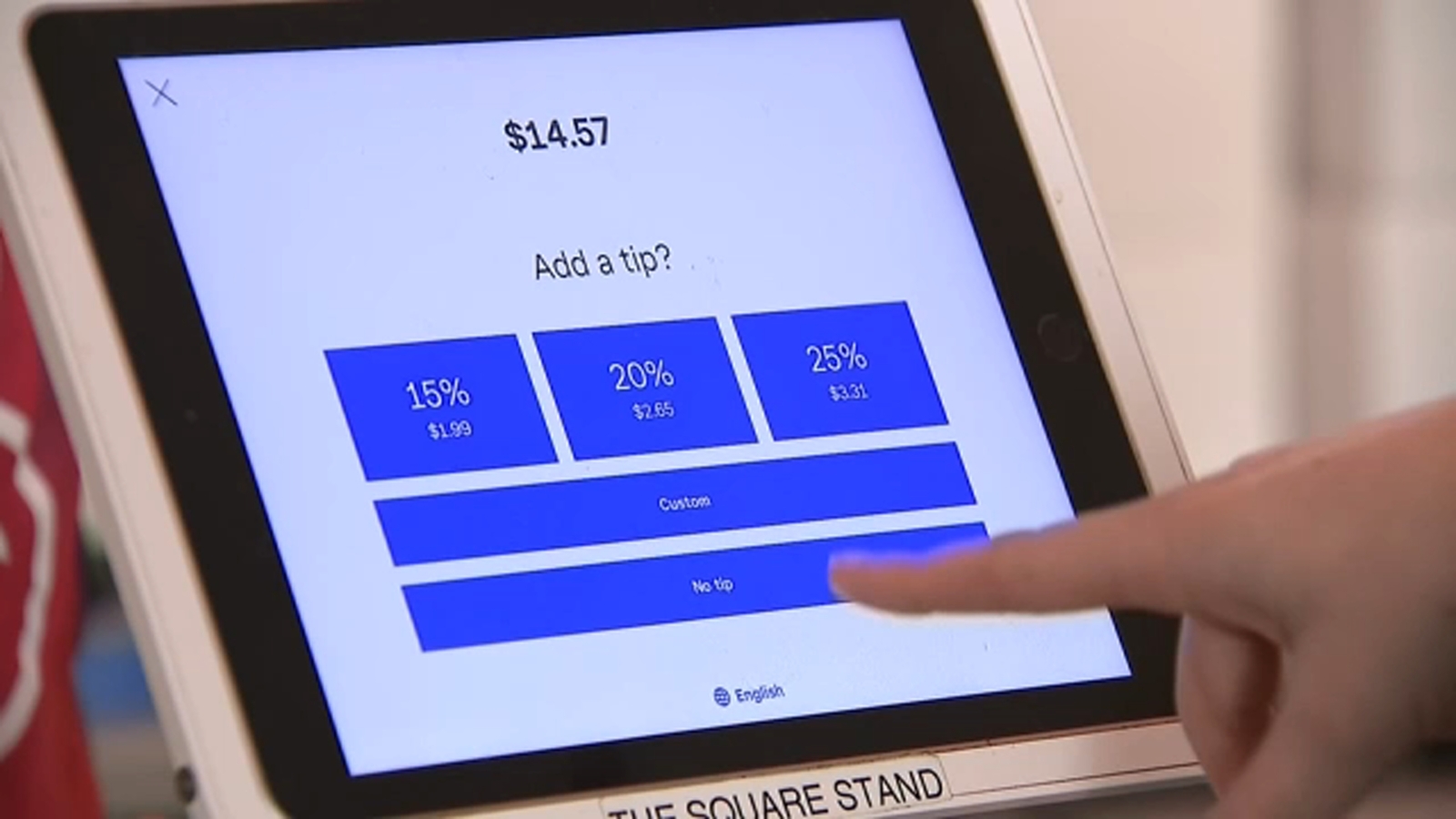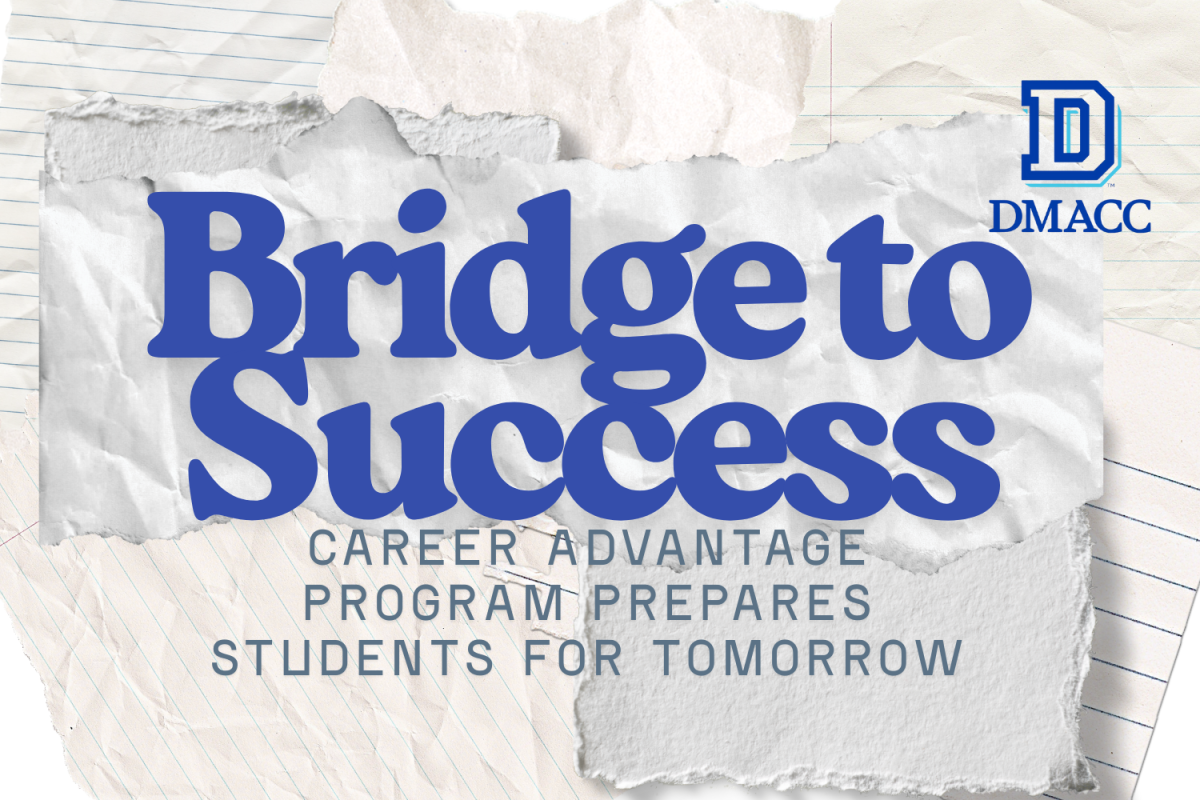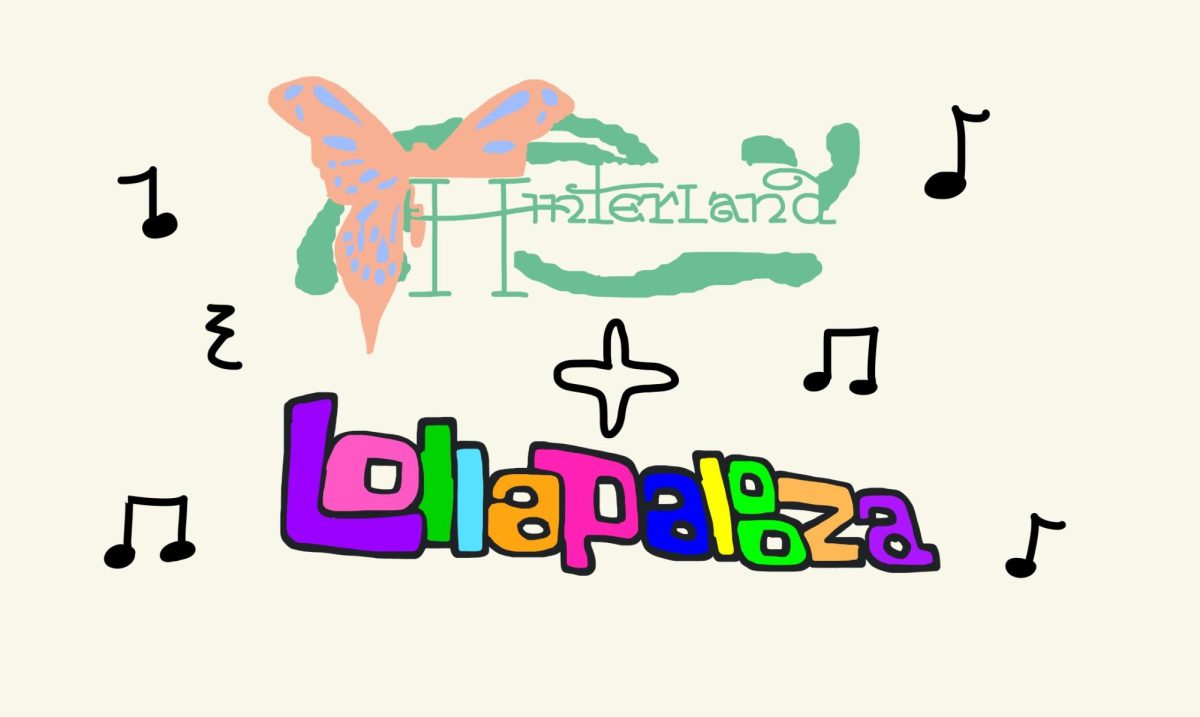Over the last couple of years, there has been a change in the practice of tipping in restaurants and businesses, as they move away from traditional cash-only tipping towards a more modern method of digital tipping. Many people find themselves conflicted on various aspects of tipping, including who should be tipped, what the appropriate amount to tip is, and whether the tipping culture has gone too far.
Cash Tipping is extremely different from tipping with a card. In many places now when you pay with a card you are asked if you would like to leave a tip. This can be at coffee shops and restaurants only providing carry-out and many other unnecessary places. People have very differing viewpoints on tipping at these types of restaurants, with a significant number of individuals expressing their preference not to be prompted for a tip, and instead, be given the option to leave a tip in a tip jar.
“I like the idea of a tip jar a lot more because if there is some change you just want to throw in there. It’s just less pressure [than digital tips] and if I pay with cash and I just do not want to carry the coins I just throw them into the jar. So something like that, opposed to you having this option that makes people feel bad for not tipping and makes people spend more money than they need to be spending,” said Sarah Wetterberg ‘25.
In contrast to the rest of the world, the United States displays a unique culture around tipping. It is expected to tip every time you dine in at a restaurant where you have a waiter, but in other countries, it is not welcomed or appreciated.
“The tipping culture is made for people who do not get paid enough and deserve more because they are going above and beyond what they should be and not even necessarily going beyond, just being kind. They are getting the food when they need to, they are doing their job and they do not get paid enough so it’s more like a thank you tip. You do not need to give that to someone who is already getting paid enough because it is not needed. If you are paying seven dollars for a drink made by someone who is getting paid at least fifteen dollars an hour, a tip is not needed,” said Wetterberg ‘25.
Some big coffee chains have also started asking for tips in-store and on mobile pick-up orders. This can be controversial because people do not understand why they would tip someone when all they are doing is making a drink for them and not providing a service.
“It’s meant to be like thanks for going out of their way but a drive-through is kinda the opposite. You go to them and they just hand you the food then you leave it is much shorter and a much more even exchanged kind of interaction,” Wetterberg ‘25 said.
Many places now hand you a device if you are paying with a card, it allows you to do the transaction yourself. It also gives you the option to add a tip. It will not let you complete the transaction until you select to leave a tip or to not leave a tip. Many places do not have a keep the change option which lots of people would do.
The pervasive use of digital tipping, which is convenient but requires additional payments, and the increased expectation of tips even in places traditionally not associated with tips. While some see it as a way to show their appreciation, others question its necessity, arguing that it encourages unnecessary extra money to be spent and puts unneeded pressure on the customers.
“If I was asked for a tip, I would rather say keep the change instead of giving them an extra dollar or two,” said Rachel Hentscher 25’.
Some restaurants have now started asking for tips on carry-out orders. Many people are opposed to tipping on these orders because they are coming in to get the food and they are not being served.
“If you are the one driving out and getting food you are the one who did all the work. They just put the food together for you which is what they are being paid to do,” Wetterberg ‘25 said.
Almost everyone can agree that tipping culture has gotten too far and people need to know where to draw the line about who gets tipped and how much they get tipped.







